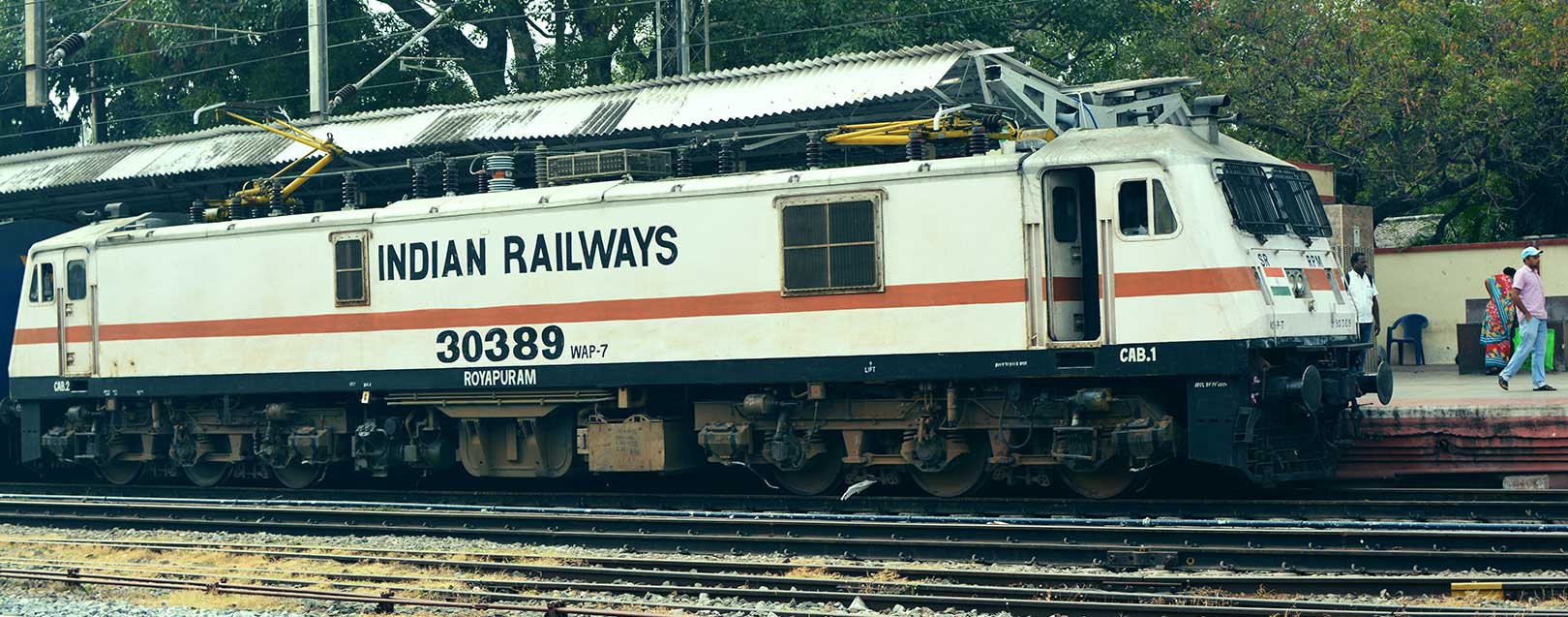New Delhi: A complaint filed by a senior serving officer of the Central Bureau of Investigation (CBI) informing the agency of the alleged financial malpractices indulged in by top officers of RailTel, a public sector undertaking (PSU) under the Indian Railways, has led to the initiation of an internal probe by the Railway Board. The malpractices, as per the complaint, are being indulged in so that “favoured” vendors can get high value government contracts.
The CBI, however, is yet to initiate a formal probe into the matter, even after more than 90 days of the said complaint being filed. The exhaustive complaint, which was filed by a sitting Deputy Superintendent of Police (DSP) of the agency on 20 September, has been shared with the Special Crime Branch, CBI, Prime Minister’s Office (PMO), Chief Vigilance Commission (CVC), apart from the Ashwini Vaishnaw-led Railway Ministry that promptly initiated an internal probe from their end.
The Sunday Guardian has accessed a copy of the complaint, which has named RailTel officials, who, as per the complaint, “manipulated” an April 2020 tender for supply, installation and testing of technology that was floated to augment the existing Dense Wavelength Division Multiplexing (DWDM) technology over railway tracks and railway stations in the country.
DWDM is a technology used to increase bandwidth over existing fibre networks. It is pertinent to mention that RailTel has access to right of way for optical fibre cable network along 67,415 route kilometres over railway tracks and over 7,000 railway stations. In addition, RailTel has an optical fibre cable network along 8,852 route kilometres over land and buildings owned by third-parties.
The tender, as is the norm, was floated on the basis of “reverse auction basis”, as it allows purchase of goods, services by the government agency at the best competitive price from private vendors. However, due to this norm, private vendors who were being “supported” by top officials at RailTel, found themselves unfit for bidding. As a result, RailTel, as per the complaint, cancelled the said tender in June 2020, without assigning any reason and despite issuing seven corrigendum and five detailed replies to prospective vendors which were shared by the concerned officer and office of RailTel during the tendering process.
Later, another tender, as a part of augmenting the network, was floated for procurement of routers for which the concerned officer used the “reverse auction basis”, as a result of which a price that was 40% less than the lowest bid was arrived at, thereby proving that reverse auction basis was the best method to save government money, but it also, as per the complaint, took away the capability of the private vendors to meet the “demand” of the top officials.
As a result of this, the concerned officer who initiated this procurement, was removed from his position by RailTel management and sent to another department, which is not his expertise. It is pertinent to mention that the said officer was recruited by Government of India through a lateral entry process and the GoI is spending a lot of money for his expertise.
The complaint further alleges that the top management of RailTel, with the objective to allow a private vendor of its choice to get a contract for supply of manpower, floated a tender of Rs 48 crore for a period of five years. This was done despite the Railway Ministry pushing for merging of multiple network operating centres being operated by RailTel into fewer units. Later, the contract period was reduced to three years so that a particular vendor could be benefited but even that tender was cancelled without any reason being assigned despite six corrigendum being issued as the private vendor was not meeting the requirement. As a remedy, a “round-tripping” of the contract was done so that another affiliated vendor got the tender at a much higher price despite the same amount of manpower being offered as was in the previous year.
In subsequent tendering for network tools, the reverse auction basis was done away with, as explained and proved in the complaint through the multiple annexures that had been attached with it.
As per the complaint, the repeated cancellation of the tenders, until the favoured vendors got selected and intentionally splitting the work to avoid reverse auction is against the guidelines set by the Chief Vigilance Commission (CVC) and that of General Financial Rules set by the Ministry of Finance. The Sunday Guardian’s email to the CBI spokesperson seeking updates on the matter, if any, did not elicit any response. Emails to Railtel and the Railway Ministry, too, did not generate a response.
Rail ministry probing ‘irregularities’ in RailTel contracts
- Advertisement -

